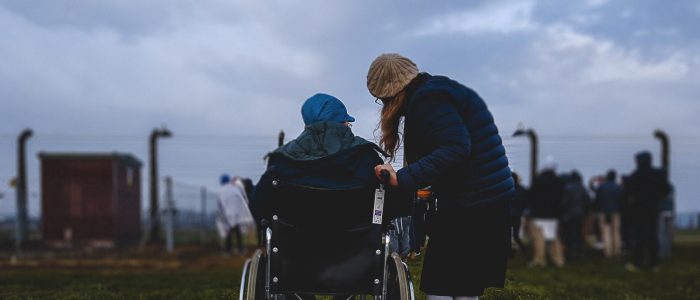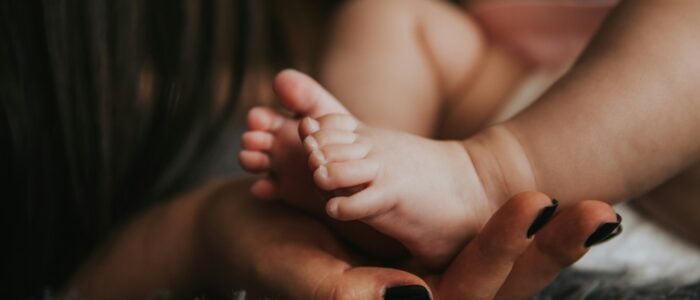Connecting Through the Community

Last Wednesday, at our Community Hub’s weekly café session, something very simple, but profound and touching, happened. Riyad, who is 20 months old, was watching George, in his 80s and in a wheelchair. Riyad’s mum, Lamyae, said to him (in Arabic) ‘Go and shake hands with George’. Riad immediately went over, put his hand on George’s and left it there, gazing up at George and waiting for him to respond. George looked at him, smiled and said, ‘’Ello me old China.’ Riyad smiled back then toddled over to his mum.
This small interaction would have been so easy to miss, but it has stayed with me, reminding me that what we do at Community Resources is important. Put simply, we enable people to connect – something that’s often easier said than done. Isolation is a disease of our age – impacting our health (both physical and mental), aspirations, relationships, and mercilessly working against social cohesion. Loneliness is no respecter of persons – it can affect anyone for many reasons. Whether you have moved to a new area, recently become unemployed or retired, had a new baby, or are suffering from depression, you can find yourself wondering who to talk to.
Not long ago, during an English conversation group session with about six migrant women at the Hub, almost all of those present spoke about having gone to their GP with chest pains. They nodded in agreement as one woman described the pain which radiated down her arm and convinced her that she was going to have a heart attack. In each case they said they had been examined, sometimes given a heart monitor, only to be told that everything was completely normal and that what they were experiencing was stress-related. They talked about the loneliness of trying to cope with a new culture and language, and just having no-one to talk to outside their immediate family. Some talked about being too scared to leave the house, most said they used to cry every day. The solution? Most were now on anti-depressants.
There is no doubt that medication, talking therapies and other interventions have their place, but these women talked about the relief of finding a place where they can simply connect with other people and feel like they belong. That sense of belonging, feeling that we are important and that someone will miss us if we’re not there, is key to our wellbeing and ability to function in society.
Riyad and his mum know that they belong. They come to the Hub most days. Twice a week Lamyae volunteers in the kitchen, making cakes for our coffee shop, once a week she helps in the crèche, because she really likes to cook, she even got her own kitchen knives, but other times they come to join in with activities or just to chat. Having had to move from their flat in Dagenham due to massive rent increase, Lamyae now travels from Woodford, making the two hour journey every day to bring her daughter to school, before arriving at the Hub. Every morning Riyad greets all the staff and volunteers by name, running from one to another with a hug or a high five. Lamyae says Riyad spends more time with us at the hub than at home, but she prefers it that way since the flat they’ve been moved to is damp and in a poor state of repair – and in any case she doesn’t have friends over there.
Of course, helping people find belonging isn’t just about high fives and good chats. Real relationship also includes addressing real problems – such as Lamyae’s housing situation. So we offer support by writing emails and making phone calls and, because community isn’t a one way street, Lamyae bakes cakes for us and has invited us to her place next week for Moroccan tagine to celebrate her birthday. As for Riyad, I have no doubt that the next time he sees George, without realising the impact he’s having, he’ll remember his name and shake his hand.


